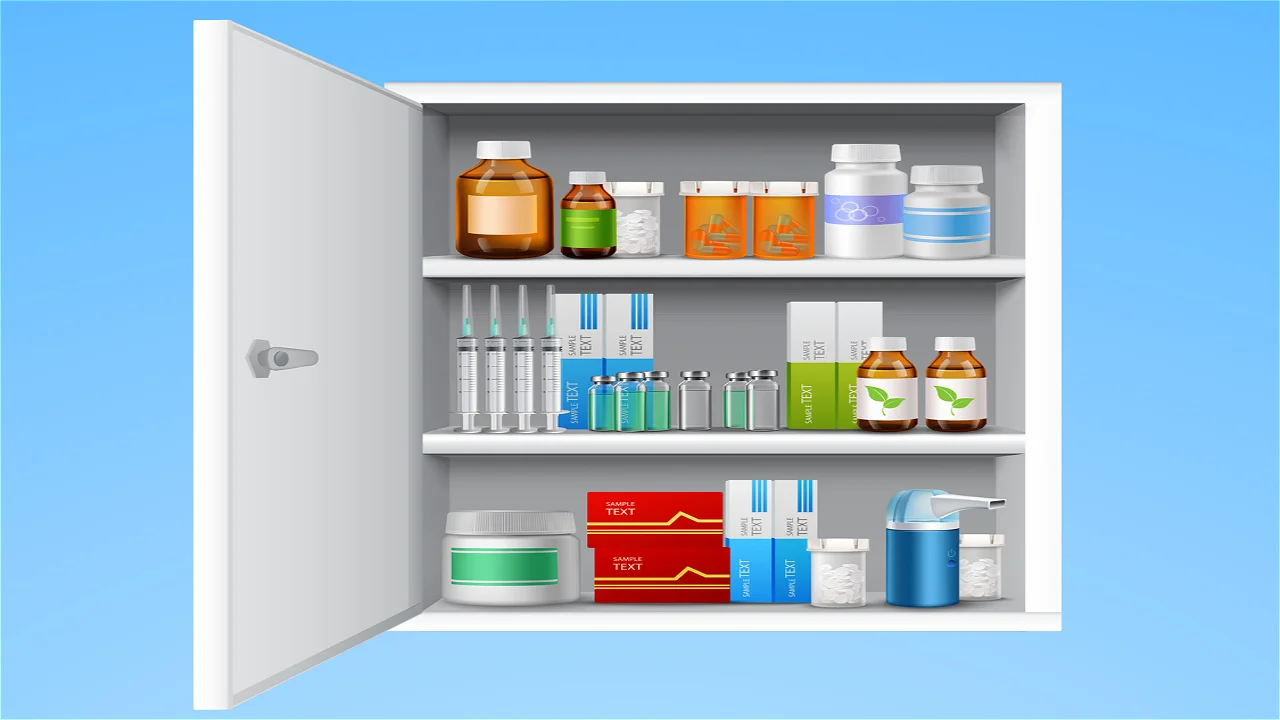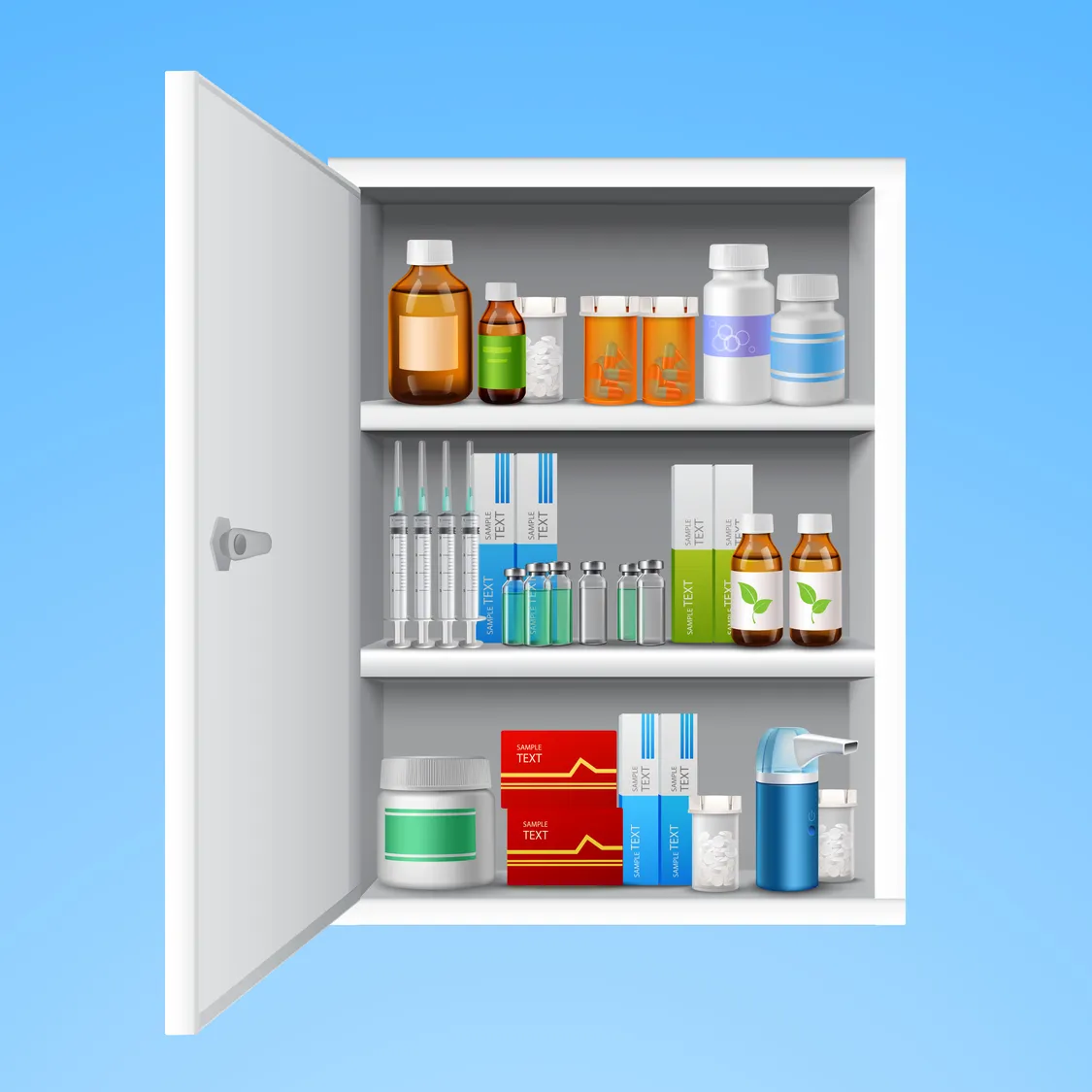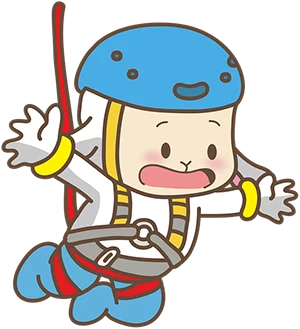
" It does not matter how slowly you go so long as you do not stop."
Confucius (551 BC – 479 BC) was a Chinese teacher, politician, and philosopher. By Simran Khurana (Updated March 18, 2017)
A sharp reduction in the use of drugs is essential for the long-term rehabilitation of the immune system. Most chronic patients fear stopping or reducing medication intake, especially regarding severe and prolonged chronic illnesses.
Paradoxically, most doctors are not in a hurry to recommend a sharp reduction or complete medication cessation. So, I stopped asking for their advice and took full responsibility for my actions. (Otherwise, I would not have been alive long!) I go to the doctor to perform various laboratory tests to assess my health. If you look at the gallery, you will understand who was right! Link: GALLERY (DISGUSTING)
Prolonged use of drugs can interfere with self-healing processes.
The main difficulty stems from the lack of support from the medical establishment and the attending physician, particularly for a sharp reduction in drug use. Often, the patient is even warned not to stop taking medication! Therefore, personal responsibility and courage are required to make decisions contrary to medical advice.
- Most chronic patients receive massive amounts of medication, including many drugs, such as antibiotics, steroids, painkillers, sedatives, antidepressants, sleeping pills, hypertension medicines, Lipitor, anticoagulants, receptor blockers supplements, minerals, and more.
- I took about 100 pills daily at the height of the disease and other preparations in drops. My condition only got worse. Following a recommendation from my attending physician in China, I discontinued all drug treatment immediately! Stopping drug treatment involves fear and requires courage on the patient's part to take responsibility for himself.
- The treatment of the self-healing method for chronic patients usually lasts months up to years. Most patients suffer from bouts of acute symptoms during the recovery period that may send the patient back to the medicine cabinet! (Wrong decision)
Only when the patient believes and understands that the drugs only cause him long-term harm will he withstand the suffering of discontinuing the drug treatment.
Link: Kübler-Ross model – Explains the behavior of personal loss.
A medicine cabinet is the worst enemy you can find for chronic patients!

Valuable tips on how to stop or gradually reduce your medication intake.
Extra care must be taken when reducing or stopping medication. It is advisable to reduce a different drug each time and test the effect.
Link: NATURAL THERAPIES.
- Paradoxically, most doctors are not in a hurry to recommend a sharp reduction or complete medication cessation. So, I stopped asking for their advice and took full responsibility for my actions. (Otherwise, I would not have been alive long!) I go to the doctor to perform various laboratory tests to assess my condition and improve my feelings.
- Understanding the principles of the self-healing method is essential because family and friends will ask you why you are endangering yourself, although the opposite is true.
- A healthy diet and lifestyle will significantly reduce the inflammatory reactions of stopping medications.
- Try using naturopaths and switch to herbs instead of prescription drugs. Herbs have side effects and contraindications but are less harmful; the active ingredients' composition is usually lower than pharmaceuticals.
- Massage, for its various types, is very relaxing and helps in better sleep.
- Controlled sun exposure has the potential to reduce various types of pain significantly.
- Acupuncture may be painful, but it is an excellent painkiller. (Usually, several treatments are required.)
- Drinking freshly squeezed juices is an excellent way to reduce inflammation in the body and a quick way to relieve various pains significantly.
The first period is usually the most difficult mentally. Physically, there may be painful periods during the recovery.
The medicine cabinet option no longer exists when the improvement is already felt.

The busy doctor does not try to bring about a recovery of the patient while the patient expects to receive immediate relief from the pain! The result is highly devastating. Add to that the incentives doctors get to prescribe prescription drugs, and you have the most unjustified cause of death one would expect in the 21st century.

